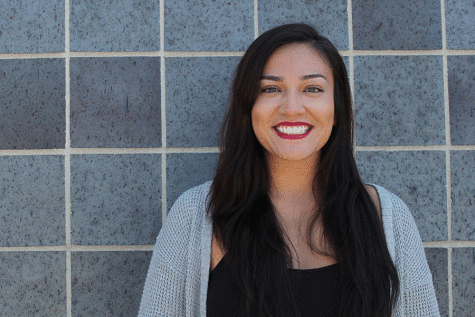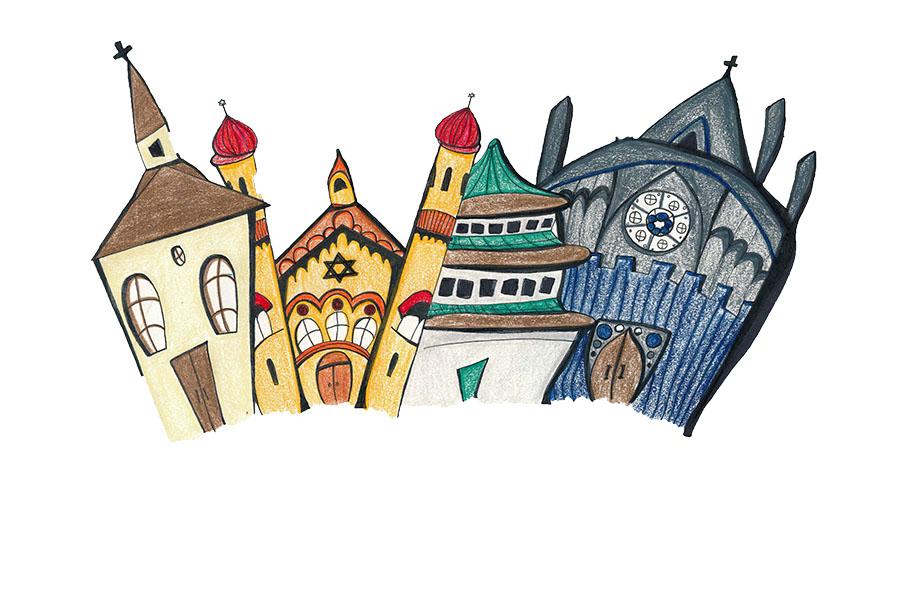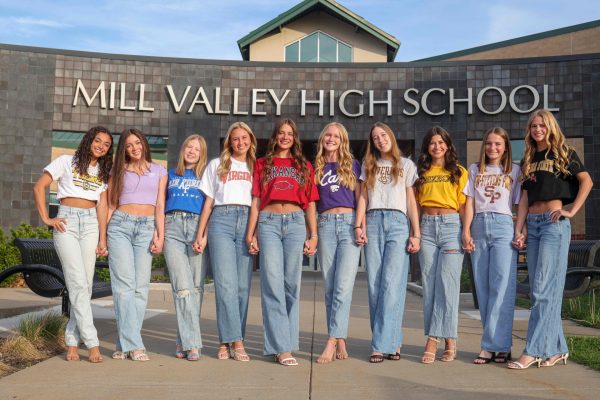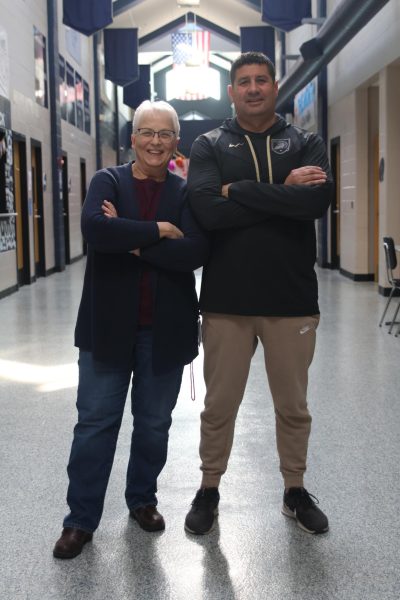Christianity dominates religious population
Religious minorities tolerate the school’s lack of diversity
As a sign of respect, sophomore Sivani Gadiraju showers prior to praying to the gods each night. Gadiraju does this not only to cleanse her body, but also to relax her mind. In the Hindu religion, bathing, or “Snanam,” is considered the most important daily ritual because of its ability to purify a sinner by washing away external and internal contamination.
Gadiraju, along with the rest of the Hindu community, is considered a minority in Johnson County, which, according to Onboard Informatics, is home to a population that is 64 percent Christian.
This majority also exists in the halls of Mill Valley, which currently has three clubs, Club 121, Fellowship of Christian Athletes and Claim Your Campus, targeted towards followers of the Christian faith.
Club 121 leader senior Katie Linsey explains the importance of Christian clubs in creating fellowship between believers.
“It’s easier to walk down the halls of Mill Valley and be strong in your faith when you know there are other people trying to do the same thing,” Linsey said. “It’s just really nice to have that unity.”
Currently, there are no clubs targeted towards non-Christians. Sophomore Komal Sangha, a practicing member of the Sikh religion, said she would like there to be more clubs for students of alternate faiths. However, she doesnt believe there much demand for any.
“I think there should be groups [at school] for other religions, but I don’t think there are many non-Christians looking to start their own group,” Sangha said.
Junior Jehovahs witness Dylan Wall believes there is variety in the religious background of students, but it is less apparent as a result of the varying level of religious activity.
“I think people have a lot of background in religion but I don’t think everyone is as religiously involved to the same degree,” Wall said. “So I think there’s a lot of diversity but not everyone would consider themself religious.”
According to Sangha, the apparent lack of diversity in religion may also be due to this generation’s more relaxed approach to religious tradition.
Sangha said religion is mainly a result of parental influence.
“How religious you are depends on your parents I think … My dad took an oath to not drink [alcohol], not eat meat and not cut his hair [because that’s what it says to do in the Bible],” Sangha said. “… but really, only old school people do that. My parents are pretty laid back; [they] let me make my own choice.”
Linsey believes it is important for religion being a personal choice.
“There comes a point when you start to question things,” Linsey said. “If [religion] is just something you were taught and you never have that belief in your heart, then once you go off on your own, you’re not going to keep [your religious beliefs.]”
Junior Dylan Wall said that his choice in becoming a Jehovah’s Witness has provided him with an outlook on life that differentiates him from other kids his age.
“I try and look at the big picture … I think a lot of kids now are not aware of their spiritual need,” Wall said, “I think for high school students it’s pretty easy to be that way because everything seems to be instant, and people don’t worry about their future at this point, but I try and do that [by applying biblical principles to my everyday life].”

Senior Adri Talavera is entering her third year on the JagWire staff, this year as the opinions editor and co-business manager.












